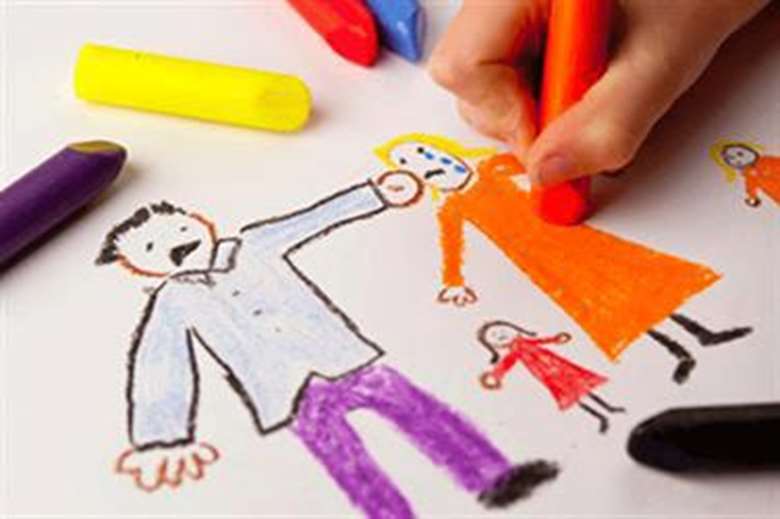Children ‘find ways to cope' with domestic violence
Neil Puffett
Thursday, September 3, 2015
Children are often more resilient than they seem in dealing with the impact of domestic violence in their home, researchers have found.

A study led by the University of Northampton found that children who experience domestic violence are not just “passive observers”, and often find complex, creative ways to manage and cope with what they have experienced, and have the capacity to be strong and resilient.
The two-year study, which featured interviews with 110 children and young people from the UK, Greece, Italy, and Spain who had experienced domestic violence, found that the perception that children who experience domestic violence are passive and helpless is often inaccurate.
Dr Jane Callaghan, who was involved with the research, said that children who hide away in cupboards, or dens might be seen by professionals and academics as “hiding away”, or “cowering in corners”.
“But if we only see this painful and difficult aspect of the child’s behaviour, and don’t try to make sense of the meaning they attach to it, we do not see how it is also resistant and resilient,” she added.
“Children are not just frightened, they are not just hiding. They are creating spaces for themselves, where they can feel just slightly safer, just a little more secure and in control.”
Using the insights gained from this research, the team developed a group-based therapeutic intervention to support children to build on their existing strengths and coping strategies.
The intervention aims to help the young people develop resilience and a positive sense of self, as they recover from living with domestic violence.
The research team also completed an analysis of European and national policies on domestic violence. Their most significant finding is that children are startlingly absent from legal and policy frameworks.
Callaghan said: “Children who ‘witness’ domestic violence do not have a legal status as ‘victim’ – although this is changing in Spain, where the distinction between ‘direct’ and ‘indirect’ victims is being removed from Spanish statutes.
“This means that children are seen in law and policy as an absence, as ‘collateral damage’ to adult domestic violence, and this has consequences for how they are understood and treated in criminal justice, social services and voluntary sector organisations.”
“Services for children who experience domestic violence are typically a ‘bolt on’ to adult-oriented services, as adults, and particularly women, are seen as its main victims.”




